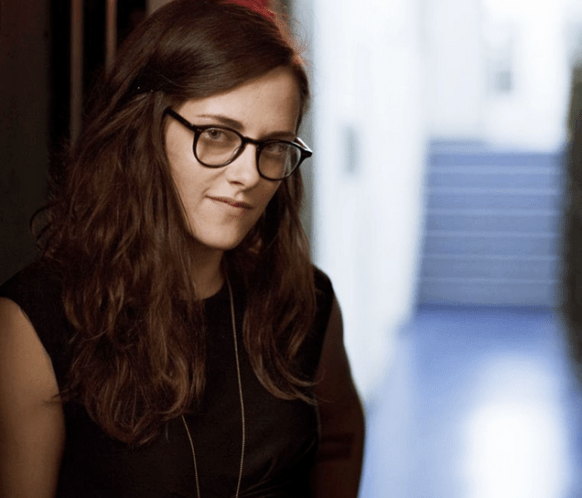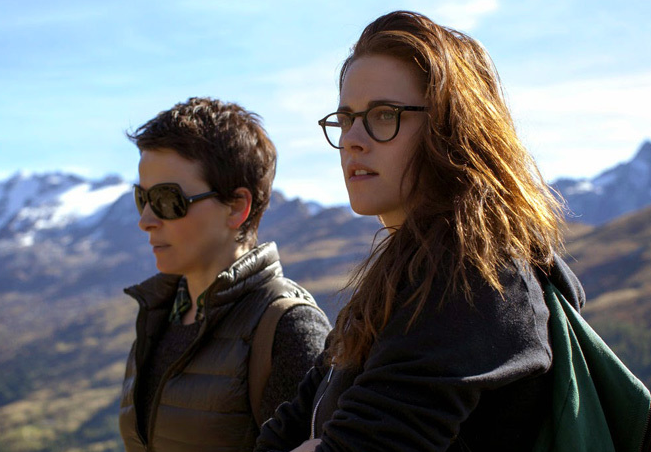
After a successful twenty-year career in the theater, Maria is going back to where it all started for her–Switzerland–to present a lifetime achievement award to the playwright who gave her her start, Wilhelm Melchior. A notorious recluse, Maria’s plan is to accept the award on his behalf and then take it to him at his home in Sils Maria. While on the train with her personal assistant, Valentine (Kristen Stewart, who won an award for the role)–pronounced Val-en-teen–Maria is informed that Wilhelm has died.

The dampering news further compounds Maria’s divorce embattlement and lack of interesting roles being offered to her at the moment. Although she’s been given a chance to revise her role in an action hero movie, that sort of thing no longer appeals to her–and never really did. The death of Wilhelm leads to a revitalized interest in his work. With theater director Klaus Diesterweg slated to direct the latest version of Maloja Snake (the play that initiated Maria’s career), his interest in casting Maria in the role of Helena, an older woman seduced by the charm and confidence of Sigrid–which is who Maria played when she was just nineteen–increases tenfold. Although she has been reluctant to accept the offer ever since Klaus began hounding her to do it, she feels vulnerable enough as a result of Wilhelm’s death to agree to it, much to the delight of Valentine, who is only too excited that she’ll be working alongside one of the hottest actresses in the world of internet gossip, Jo-Ann Ellis (Chloë Grace Moretz).

At the end of part one, Maria has shorn her locks in favor of a more butch-inspired look, and has retreated to study her lines at Wilhelm’s Sils Maria property–encouraged by his widow, Rosa (Angela Winkler)–where he originally wrote the play. Valentine joins her to help her cope emotionally with playing Helena, and act as her rehearsing partner. Valentine and Maria’s own relationship seems to mirror the combative, unhealthy one that exists between Sigrid and Helena. Indeed, there are often times in the film when it’s difficult to decipher if they’re reading lines or discussing real life and the destructiveness of their own rapport.
Because of the nature of celebrity dependency on their personal assistants, they can often forget that most normal people take this sort of desperate need to share for actual friendship. So it goes with Valentine and Maria, who becomes increasingly vexed with Valentine’s idolization of Jo-Ann. After they see her latest movie together, Maria laughs at every word Valentine says in defense of the narrative and its themes. It is this sort of behavior on Maria’s part that ultimately drives Valentine to her wit’s end–though Maria, too, is dealing with the acceptance of being relegated to the role of Helena: washed up, totally defeated. Or is she? The denouement Assayas decides to land on leaves us with a somewhat arbitrary answer, just as Wilhelm’s play, Maloja Snake, named for the serpentine movement of the clouds that takes place in the mountains of Sils Maria.






















